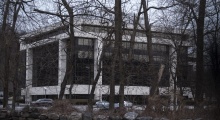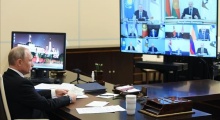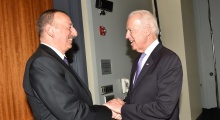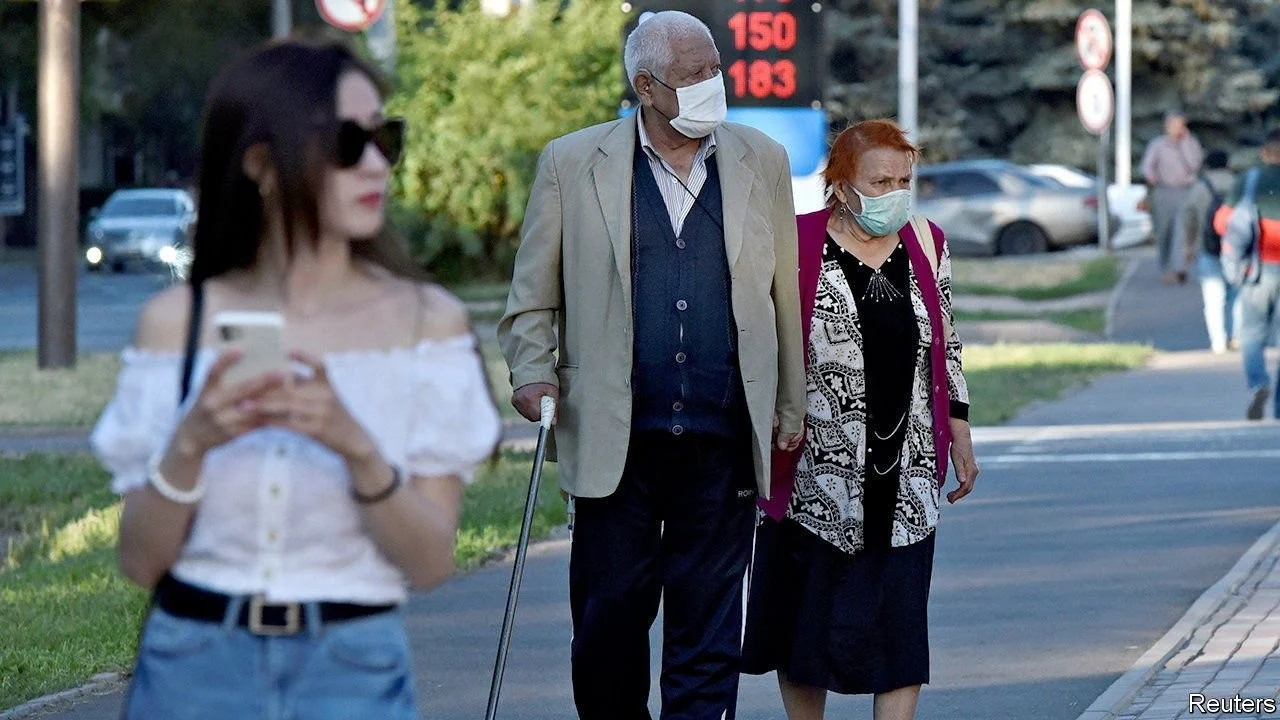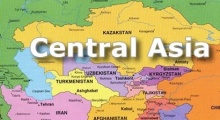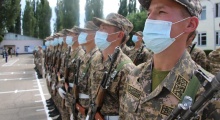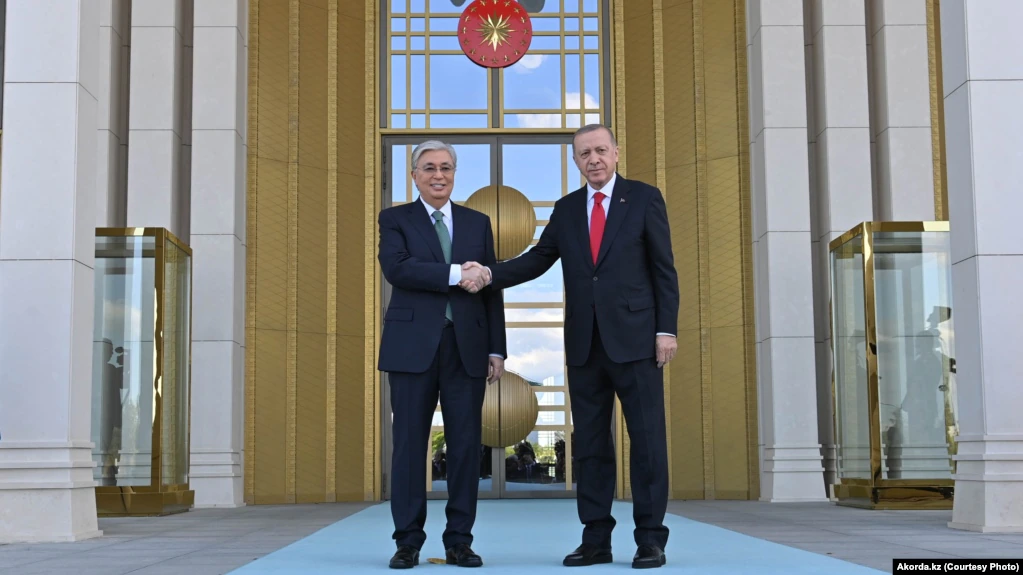 The two students –Dias Kadyrbaev and Azamat Tazhayakov -- are facing federal charges that they obstructed the investigation into the Boston Marathon bombings on April 15 by allegedly disposing of a computer and backpack belonging to accused bomber Djokhar Tsarnaev. A hearing in their case is scheduled for May 14. If convicted, they face five years in prison and up to $250,000 in fines. The Kazakhstani pair and Tsarnaev were constant companions for much of the past two years while taking classes at the University of Massachusetts-Dartmouth, roughly 60 miles south of Boston, according to a criminal complaint filed in US District Court on May 1.
The two students –Dias Kadyrbaev and Azamat Tazhayakov -- are facing federal charges that they obstructed the investigation into the Boston Marathon bombings on April 15 by allegedly disposing of a computer and backpack belonging to accused bomber Djokhar Tsarnaev. A hearing in their case is scheduled for May 14. If convicted, they face five years in prison and up to $250,000 in fines. The Kazakhstani pair and Tsarnaev were constant companions for much of the past two years while taking classes at the University of Massachusetts-Dartmouth, roughly 60 miles south of Boston, according to a criminal complaint filed in US District Court on May 1.
While the bombing investigation is ongoing, Kadyrbaev and Tazhayakov already seem to be guilty of egregious errors in judgment, including some that predate their alleged attempted cover-up of Tsarnaev’s alleged involvement in the bombings.
Kadyrbaev and Tazhayakov were the sons of privilege, apparently able to study in the United States not because of their academic acumen but because their parents had attained wealth and status back in their native Kazakhstan. The Kazakhstani government has spent a considerable amount of money over the past 20 years under its Bolashak Program to send its best and brightest abroad to obtain a higher education. But officials decided in 2010 to stop offering Bolashak scholarships to undergraduates. Thus, when Kadyrbaev and Tazhayakov arrived to begin the fall semester in 2011 at UMass-Dartmouth, it seems as though they were dependent on their parents to foot the bill.
Reports assembled from various Russian-language news sources paint Kadyrbayev and Tazhayakov, both 19, as popular youngsters who graduated from elite private schools in Almaty and Astana respectively. Those same reports, though, indicate that academic achievement – at least in Kadyrbayev’s case – was never much of a priority.
Kadyrbaev’s online profile raises questions about his credibility. In an interview with RFE/RL’sAzzatiq service , for instance, a man who identifies himself as Kazyrbayev’s cousin states Kadyrbayev’s family paid $25,000 annually for the young man to supposedly study at the extremely selective Massachusetts Institute of Technology (MIT), a school Kadyrbayev also lists as his “college or university” on the Russian VKontakte social network page, even indicating that he is a member of the class of 2015. As the New York Times’ Lede Blog points out, however, Kadyrbayev was never enrolled at MIT, nor did he even maintain full-time student status at UMass-Dartmouth.
Kadyrbayev also lists the elite Zhautykov Math and Science School in Almaty as his high school in his VKontakte profile, though the same Azzatyq article makes it clear that the school expelled him. “He had 3’s [barely passing grades] for our specialty subjects – algebra, physics and geometry,” the schools assistant principal is quoted as saying. “That’s why after the ninth grade, in 2009, he was expelled. He was with us for just one year.” Kadyrbayev does appear to have graduated from a private school called “Archimedes,” also in Almaty.
Tazhayakov, reportedly a skillful soccer player, has been identified as the son of Amir Ismagulov, a member of the city council in the western oil city of Atyrau. Ismagulov is also a businessman and backer of President Nursultan Nazarbayev who, according to at least one report, publicly praised the Kazakhstani leader for his support for “small- and medium-sized businesses” during a 2011 presidential visit to the Atyrau region. While not a standout student, Tazhayakov by all accounts got decent grades in Astana and maintained full-time student status in the United States.
US authorities originally detained the Kazakhstani duo in late April on suspicion that they have violated the terms of their student visas by skipping classes. They also attracted attention by driving a luxury car with an illegal front license plate with the word “Terrorista #1” on it.
Kazakhstani media outlets have quoted Ismagulov, the father of Tazhayakov, as insisting that his son never held any radical positions.
That may well be the case. But this episode raises questions about what exactly the children of Kazakhstan’s rich and influential are doing in the United States. Are they here to study, or are they just pampered kids looking for fun?
Eurasianet.org



